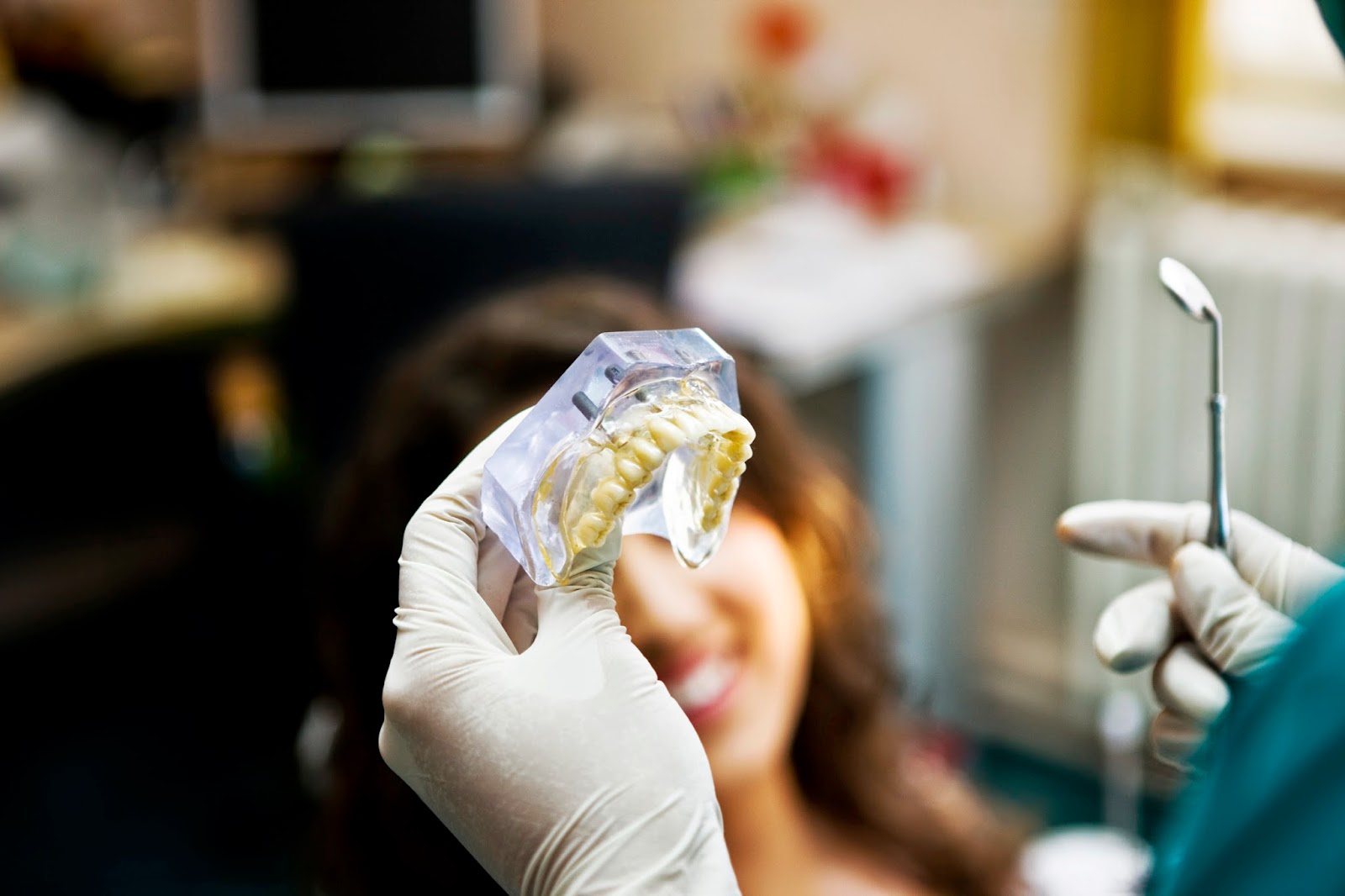Harvard-MIT Study Reveals The Best Way to Fight Tooth Decay
A recent study performed by researchers at Harvard University and the Massachusetts Institute of Technology published great news on saliva’s role in tooth decay prevention.
The full story can be read here,
but we’ll sum it up in layman terms, as the jargon used is very technical and
confusing to the average reader.
 In a basic sense, cavities are formed when certain bacteria,
such as S. mutans, attach themselves
to the tooth’s enamel forming what is known as biofilm. This sticky layer slowly
eats away at our enamel, unless we take action to remove it such as daily
brushing and routine trips to the dentist.
In a basic sense, cavities are formed when certain bacteria,
such as S. mutans, attach themselves
to the tooth’s enamel forming what is known as biofilm. This sticky layer slowly
eats away at our enamel, unless we take action to remove it such as daily
brushing and routine trips to the dentist.
The researchers at Harvard and M.I.T. have found that the
mucus contained within our saliva “keeps harmful bacteria in a liquid medium,
which in turn reduces their ability to form biofilms on teeth.”
In short, our
own saliva prolongs the development of biofilm, or sticky plaque, which adds to
our body’s defense against tooth decay.
So what should I do?
The news can be interpreted in different ways but first and
foremost it suggests that while fluoride treatments and sealants may offer
prevention benefits, it’s worth looking into our own body’s natural defense
system against tooth decay - saliva production.
It can be as simple as drinking more water every day to make
sure our body is producing a healthy rate of saliva. When we are dehydrated,
our body does not produce as much saliva – which we’ve now learned is a critical natural
defense mechanism for keeping tooth decay at bay.
Of course, water alone is not enough. Plaque must be
addressed every single day (and night). We do this by brushing and flossing, as well as visiting your dentist for even deeper cleans that really knock plaque off your teeth.
It
all comes down to maintaining control over plaque. Look at the entire situation
as a never-ending war between plaque and us, but realize that it's a battle that can be easily won with persistence and a developed routine.
Labels: best defense against cavities, dental caries, harvard dental news, saliva and teeth, tooth decay saliva




